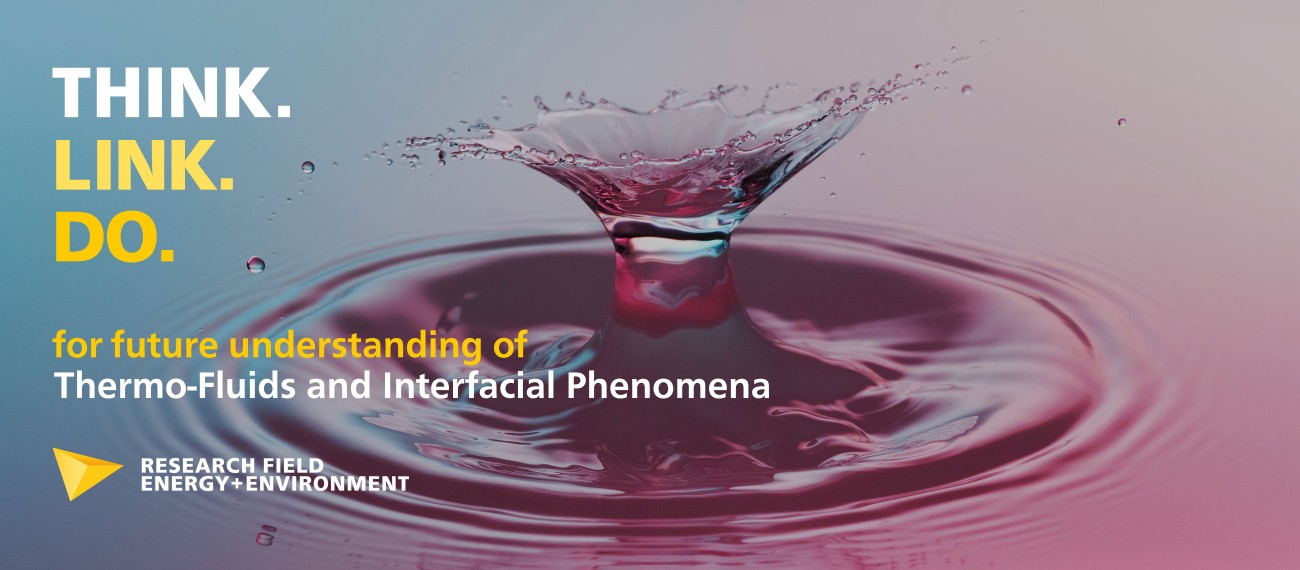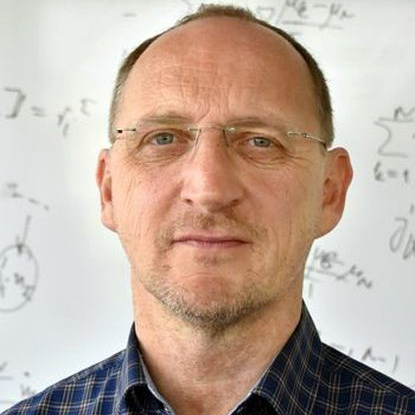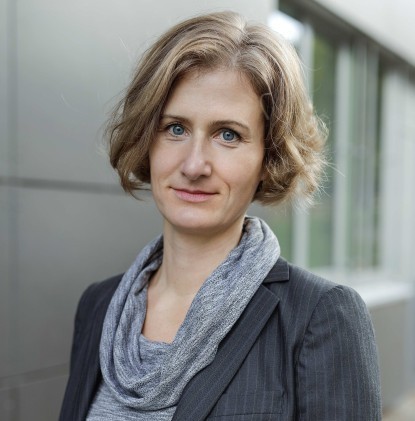| Spokesperson: | Prof. Dr.-Ing. Peter Stephan |
| Funding period: | 07/2020–06/2025 |
| Website: | https://www.sfb1194.tu-darmstadt.de |
| Summary: | The Collaborative Research Center (CRC) 1194 is a consortium of researchers from the TU Darmstadt, the Max Planck Institute for Polymer Research Mainz and the Leibniz Institute of Polymer Research Dresden. Their common goal is the fundamental analysis of the interaction between transport and wetting processes – particularly when, parallel to momentum transport, also heat and mass transport, complex fluids or complex surfaces are involved. |
| Side Spokesperson: | Prof. Dr. Andreas Dreizler |
| Funding period: | 01/2023–12/2026 |
| Website: | https://www.trr150.tu-darmstadt.de |
| Summary: | In the CRC/Transregio 150, turbulent, chemically reacting multiphase flows near walls are systematically investigated in a holistic approach together with the Karlsruhe Institute of Technology. These near-wall flows are the basis of a large number of processes in technology and nature. Examples are in fires, processes of energy transformation and process engineering, where heat, impulse and mass transfer as well as chemical reactions are massively influenced by the interaction between fluid and wall. |
| Side Spokesperson: | Prof. Dr. Nico van der Vegt |
| Funding period: | 07/2022–06/2026 |
| Website: | https://trr146.uni-mainz.de |
| Summary: | In the CRC/Transregio 146, tools for multiscale simulations of soft matter systems are developed, analyzed and optimized together with the Johannes Gutenberg University Mainz. Nowadays, multiscale simulation approaches are indispensable to make progress in most of the areas of computational materials science. The properties of many materials cannot be understood by studying the structure and dynamics on a single length and time scale alone. |
| Spokesperson: | Prof. Dr. Steffen Hardt |
| Funding period: | 01/2024–12/2027 |
| Website: | https://www.tu-darmstadt.de/transieves/ |
| Summary: | The TRANSIEVES research group is investigating transient sieves as a new technological concept for separating substances from a liquid. The pores of a transient sieve change their permeability as a function of time. This should provide sieves with novel and useful properties, e.g. improved selectivity and/or lower energy consumption. The aim is to understand the basic phenomena involved in passing through transient sieves. Further objectives are the experimental determination of the transient properties of sieves, the optimisation of the spatial structure of transient sieves and the temporal structure of permeability. The advantages of transient sieves are to be demonstrated and the findings are to contribute to the development of new separation technologies. |
| Coordinators: | Prof. Dr. Ulrike A. Nuber, Prof. Dr.-Ing. Jeanette Hussong |
| Funding period: | 01/2022–12/2025 |
| Website: | https://www.tu-darmstadt.de/flowforlife |
| Summary: | The leading idea of this project is to develop artificial 3D supply networks with coupled control and measurement devices in order to supply organ-like 3D cell assemblies on a centimeter scale with nutrients and oxygen outside the human body and to drain the metabolic end products from them. A special innovation is the fluid mechanical design of the supply network. |
| Coordinator: | Apl. Prof. Dr. Sc. Tatiana Gambaryan-Roisman |
| Funding period: | 01/2021–10/2025 |
| Website: | https://nanopaint-itn.eu |
| Summary: | The aim of the nanoPaInt project is to achieve a complete understanding of the properties and predictive modeling of the dynamics of dense nanosuspensions, characterized by interactions of nanoparticles in the liquid and interfaces. The findings will be used for the development of novel functional fluids and nanomaterials. |
| Contact person: | Prof. Dr.-Ing. Jeanette Hussong |
| Funding period: | 12/2022 – 11/2026 |
| Website: | https://cordis.europa.eu/project/id/101072551 |
| Summary: | The aim of this project is to gain a comprehensive and better understanding of aircraft icing. Icing during flight occurs when an aircraft flies through clouds with supercooled droplets (below freezing point). This can jeopardize the aerodynamics and performance of the aircraft or lead to a loss of engine power. In this project, the processes of ice formation and reduction are investigated in detail. |



